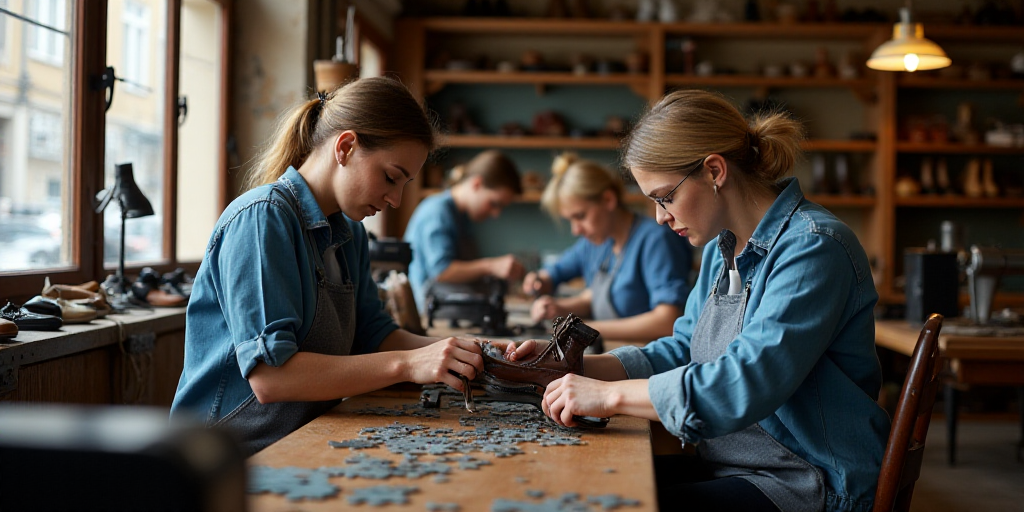Background on the Situation
During the celebration of Panama’s 63rd anniversary as a Mexican tennis shoe brand, Paola Reglín, the Marketing and Communications leader of Panama, discussed how new tariffs on imported finished footwear from Asia will benefit domestic manufacturers. These tariffs, announced by Mexico’s Secretary of Economy Marcelo Ebrard on August 12, aim to protect the national footwear industry by imposing a minimum 25% arrival duty. This move comes after the footwear industry experienced a 12.8% decline from 2019 to 2024 due to tax evasion and anticompetitive practices.
Challenges Faced by the Industry
Despite these protective tariffs, Panama faces another significant challenge: fierce competition from platforms like Shein and Temu. Reglín posed the question, “How do I compete with shoes priced at 110 or 220 pesos?” She also mentioned that the footwear industry is going through tough times, with a 5-10% increase in raw material costs, particularly textiles. Although the percentage seems small, it impacts their business when measured in volume.
Panama’s Growth Strategy
Amidst these pressures, Panama has managed to grow by 25% in the sneaker category while competing with global brands, even with slow consumer consumption. Their growth can be attributed to strategic time-limited promotions and marketing tactics. Reglín emphasized, “My 60-year-old Panama isn’t priced at 150 or 200 pesos today, but with promotions and discounts, we can still maintain profitability.”
Panama plans to expand its presence in shopping malls, capitalizing on consumer traffic and diversifying its product line to include perfumes and denim clothing. They aim to open at least three more stores this year, targeting a 30% growth rate. Collaborations with other brands and businesses, accounting for 15% of their sales, will also continue. These partnerships differentiate Panama within the industry while protecting their products from counterfeits and “chinatization.”
Panama’s Operations and Presence
With a manufacturing plant in León, Guanajuato, Panama produces 5-6 million pairs annually. They operate around 45 company-owned stores and are present in various retail outlets, including Sears, Liverpool, and Coppel department stores. Their products are also available through Price Shoes catalogs, franchise models, and their e-commerce platform, which accounts for 20% of sales and reaches the US market.
Currently, Panama is established in Guatemala and Paraguay, with potential expansion to other countries. This year, they have already produced 1.6 million pairs. Reglín stressed their commitment to the “well-made in Mexico” label, emphasizing quality and craftsmanship.
Key Questions and Answers
- What is the purpose of the new tariffs on Asian footwear? The tariffs aim to protect Mexico’s domestic footwear industry by imposing a minimum 25% duty on imported finished footwear from Asia.
- What challenges does Panama face in the footwear industry? Panama faces fierce competition from platforms like Shein and Temu, as well as rising raw material costs, particularly textiles.
- How has Panama managed to grow despite industry challenges? Through strategic promotions, time-limited discounts, and a focus on maintaining product quality, Panama has grown by 25% in the sneaker category.
- What is Panama’s growth strategy? Panama plans to expand its presence in shopping malls, diversify its product line, and continue collaborations with other brands to differentiate itself in the market.
- Where is Panama currently present, and are there plans for expansion? Panama is established in Guatemala and Paraguay, with potential expansion to other countries. This year, they have already produced 1.6 million pairs.






